The important Inorganic Chemistry chapters for NEET are Chemical Bonding, p-Block Elements, f-Block and d-Block Elements, Coordination Compounds and Metallurgy among others. The chapters must be revised on a regular basis to score good marks in Inorganic Chemistry.
Table of Contents
- Inorganic Chemistry Chapter Wise Weightage
- Inorganic Chemistry: Detailed Syllabus
- NEET 2025 Inorganic Chemistry Deleted Syllabus
- Inorganic Chemistry Chapters for NEET Difficulty Level
- Inorganic Chemistry Chapters Removed from NEET 2025 Syllabus
- Best Books for NEET 2025 Inorganic Chemistry
- NEET 2025 Inorganic Chemistry Preparation Strategy
Inorganic Chemistry Chapters for NEET 2025: The important Inorganic Chemistry chapters for NEET are Chemical Bonding, p-Block Elements, f-Block and d-Block Elements, Coordination Compounds, Qualitative Analysis, Metallurgy and others. These chapters carry high weightage. The students must memorise the formulas and revise the syllabus on a regular basis to avoid the last minute rush before the exam day.
Inorganic Chemistry chapters make up a large portion of the NEET syllabus, which is the largest and only admission exam for undergraduate medical courses. According to experts, Inorganic Chemistry chapters account for around 40% of the overall questions in Chemistry.
As a result, candidates must prepare meaningfully and seriously for the NEET inorganic Chemistry chapters. This article provides a list of Inorganic Chemistry chapters for NEET 2025, as well as their weightage and preparation plan, to assist students in preparing for them.
Inorganic Chemistry Chapter Wise Weightage
Inorganic Chemistry constitutes an important part of the Chemistry paper in the NEET examination. The students preparing for the medical entrance examination must thoroughly be aware of the weightage of the NEET chapters in Inorganic Chemistry, the most important chapters being p-Block elements, d-Block and f-BLock elements, Chemical Bonding, Coordination Compounds and others.
The exact weightage of the chapters in Inorganic Chemistry has been shared below.
Inorganic Chemistry I
The Chemistry subject in NEET consists of 45 out of 180 questions to be tried. According to the NEET schedule, the Chemistry part will consist of 50 questions (35 in Part A and 15 in Section B), with candidates attempting 45 of them (10 out of 15 in Section B).
| Chapters | Weightage | Number of Questions |
| Chemical Bonding | 9% | 4 |
| p-Block | 7% | 3 |
| Periodic Table and Periodicity in Properties | 4% | 2 |
| Hydrogen | 2% | 1 |
Also Read: NEET Chapter Wise Weightage 2025: Physics, Chemistry, Biology
Inorganic Chemistry II
The table below contains the topics from the Inorganic Chemistry chapters for NEET, along with their estimated weightage in percentage.
| Chapters | Weightage | Number of Questions |
| Coordination Compounds | 6% | 3 |
| d-Block & f-Block Elements | 4% | 2 |
| Qualitative Analysis | 2% | 1 |
| Metallurgy | 2% | 1 |
Also Read: What is a Good Rank in NEET UG 2025?
Inorganic Chemistry: Detailed Syllabus
NEET 2025 syllabus has undergone significant changes in response to the National Medical Commission's (NMC) recommendations. Physics, Chemistry, and Biology have all had several chapters eliminated. The Chemistry course has three sections: Physical Chemistry, Organic Chemistry, and Inorganic Chemistry. There are four units in the Inorganic Chemistry division.
Inorganic Chemistry has two parts in the NEET exam - Inorganic Chemistry I and Inorganic Chemistry II. The details syllabus of Inorganic Chemistry for the NEET examination 2025 has been shared below:
Unit 9: Classification of Elements and Periodicity in Properties
Modern periodic law, the present form of periodic table, s, p, d and f block elements, periodic trends in properties of elements, atomic and ionic radii, ionisation enthalpy, electron gain enthalpy, valence, oxidation states, and chemical reactivity.
Unit 10: p-Block Elements
Group 13 to Group 18 Elements
General Introduction: Electronic configuration and general trends in physical and chemical properties of elements across the periods and down the groups; unique behaviour of the first element in each group.
Also Read: Do or Die Chapters for NEET 2025
Unit 11: d-Block Elements and f-Block Elements
Transition Elements
General introduction, electronic configuration, occurrence and characteristics, general trends in properties, of the first-row transition elements - physical properties, ionization enthalpy, oxidation states, atomic radii, colour, catalytic behaviour, magnetic properties, complex formation, interstitial compounds, alloy formation; Preparation, properties and uses of K2Cr207 and KMn04.
Inner Transition Elements
Lanthanoids - Electronic configuration, oxidation states, and lanthanoid contraction.
Actinoids - Electronic configuration and oxidation states.
Also Read: NEET Difficulty Level - What to Expect
Unit 12: Coordination Compounds
Introduction to coordination compounds.Wemer's theory; ligands, coordination number. denticity. chelation; IUPAC nomenclature of mononuclear coordination compounds, isomerism: Bonding-Valence bond approach and basic ideas of Crystal field theory, colour and magnetic properties; importance of coordination compounds (in qualitative analysis. extraction of metals and in biological systems).
Also Read: Is Calculator Allowed in NEET 2025?
NEET 2025 Inorganic Chemistry Deleted Syllabus
Few of the units from the Chemistry syllabus of NEET have been deleted which also includes certain sections of Inorganic Chemistry. The deleted sections fro, Inorganic Chemistry are the units on Hydrogen, s-Block Elements, and Metallurgy.
The table below shows the deleted syllabus in Inorganic Chemistry and the newly added topics/units for NEET 2025.
| Unit | Deleted Topics | Newly Added Topics |
| s-Block Elements | Completely deleted | |
| p-Block Elements | NA | Group 15 to 18 Elements |
| Classification of Elements and Periodicity in Properties | NA | s-block, p-block, d-block and f-block elements, oxidation states, chemical reactivity |
Also Read: Physical Chemistry Chapters for NEET 2025 with Weightage
Inorganic Chemistry Chapters for NEET Difficulty Level
According to previous year's NEET study, the Inorganic Chemistry chapters were of simple to moderate difficulty. The ratio of easy, moderate, and difficult questions is shown in the table below.
| Topics | Inorganic Chemistry Class 11 |
Inorganic Chemistry Class 12
|
| Easy | 4 | 1 |
| Medium | 3 | 2 |
| Difficult | 1 | 2 |
| Total | 8 | 5 |
Also Read: Do's and Don'ts for NEET 2025 Exam
Inorganic Chemistry Chapters Removed from NEET 2025 Syllabus
The following units or chapters have been removed from the Inorganic Chemistry NEET syllabus.
| Units | Topics |
|---|---|
|
Some p-Block Elements |
Important compounds of silicon and a few uses: silicon tetrachloride, silicones, silicates and zeolites, their uses. |
| Surface Chemistry
|
Adsorption-physisorption and chemisorption; factors affecting adsorption of gases on solids, catalysis homogeneous and heterogeneous, activity and selectivity: enzyme catalysis; colloidal state: distinction between true solutions, colloids and suspensions; lyophilic, lyophobic multimolecular and macromolecular colloids; properties of colloids; Tyndall effect, Brownian movement, electrophoresis, coagulation; emulsions- types of emulsions. |
Best Books for NEET 2025 Inorganic Chemistry
The students preparing for the NEET 2025 examination ought to put their best foot forward in the examination hall. For this they must have the best books that cover the syllabus entirely. The best-known books for the Inorganic Chemistry section of NEET Chemistry syllabus are:
- NCERT Textbook Chemistry, Volume 1 & Volume 2
- A Textbook of Inorganic Chemistry by O.P. Tandon
- Concise Inorganic Chemistry for NEET by J.D Lee
Also Check: NEET Deleted Syllabus 2025: Know Reduced Chapters
NEET 2025 Inorganic Chemistry Preparation Strategy
To score good marks in the NEET 2025 examination, it is crucial to study smart rather than hard. Knowing the syllabus entirely is the key step. The following tips and strategies will help the students perform better and score good marks.
Make a diary of the formulas
Inorganic Chemistry has a lot of formulas to memorise. These formulas can be jotted down chapter-wise so as to have a ready reference when needed. Also, this will help the students go through the formulas every day at least once, minimising the chance of forgetting in the examination hall.
Revise at regular intervals
Inorganic chemistry has quite a lot to study. The students must make a routine and revise the syllabus at regular intervals. This will minimise the chances of any part of the syllabus being left out completely. It will keep them exam-ready at all times.
Practise previous year question papers, sample papers
This is the key to scoring good marks in the exam. Solving the previous year questions from inorganic chemistry right after the revision every day will prove beneficial for the students. The previous year question papers and model question papers are a great way to test one’s preparation on an everyday basis.
Follow the reference books
It is better to follow good reference books while revising the inorganic chemistry syllabus. The good books that can be followed have already been mentioned above. Following these books will help the students remain thorough with the syllabus and avoid all the last minute hassle before the exam.
Also Read: How to Crack NEET Exam? - Preparation Tips, Strategy



![Banaras Hindu University, [BHU] Varanasi](https://media.getmyuni.com/azure/college-image/small/banaras-hindu-university-bhu-varanasi.jpg)
![Jamia Millia Islamia [JMI]](https://media.getmyuni.com/azure/college-image/small/jamia-millia-islamia-university-new-delhi.jpg)
![Manipal Academy of Higher Education, [MAHE] Manipal](https://media.getmyuni.com/azure/college-image/small/manipal-university-mu-manipal.jpg)
![Aligarh Muslim University, [AMU] Aligarh](https://media.getmyuni.com/azure/college-image/small/aligarh-muslim-university-amu-aligarh.jpg)

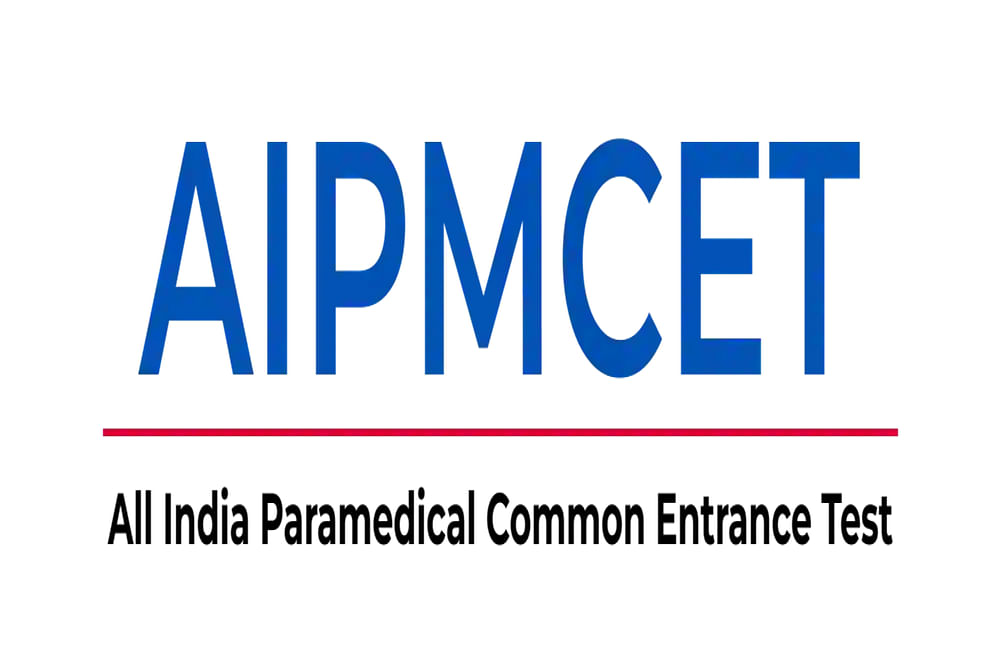
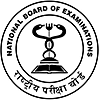
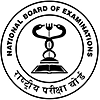








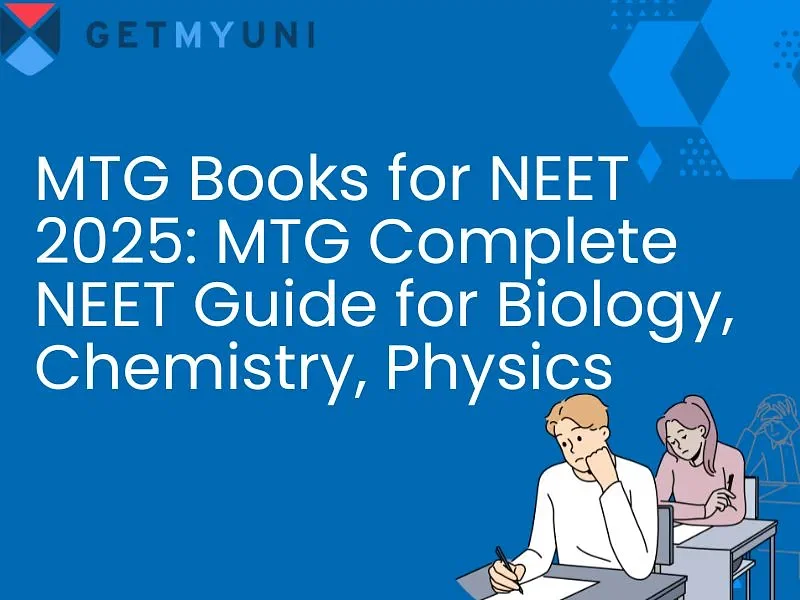








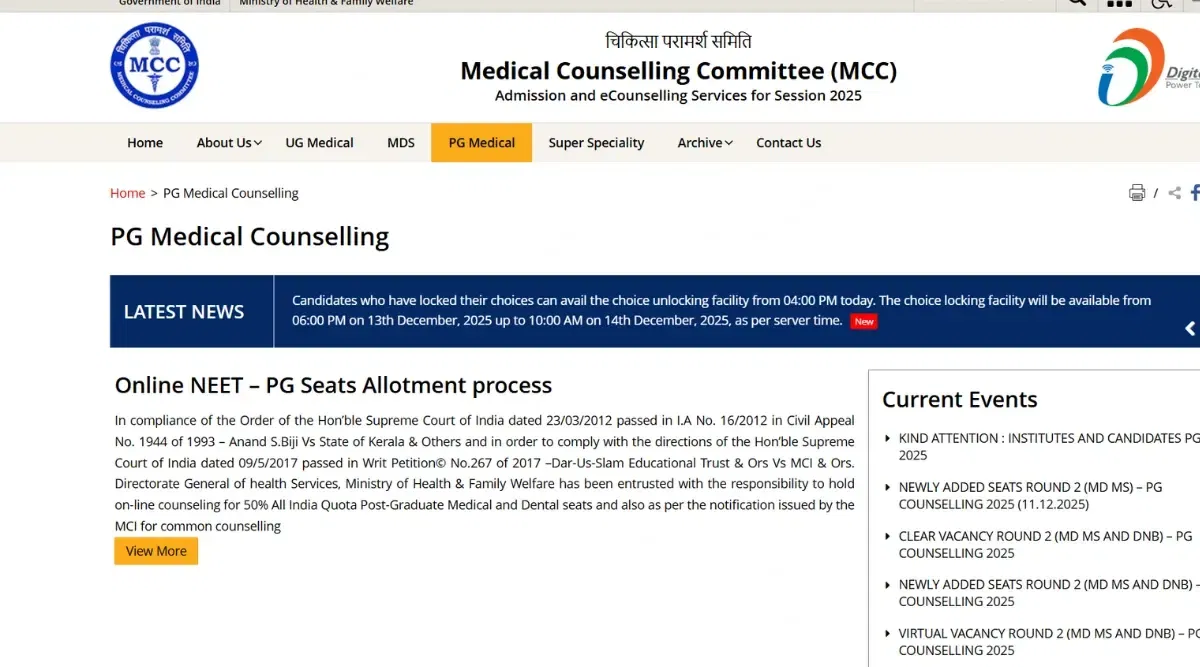





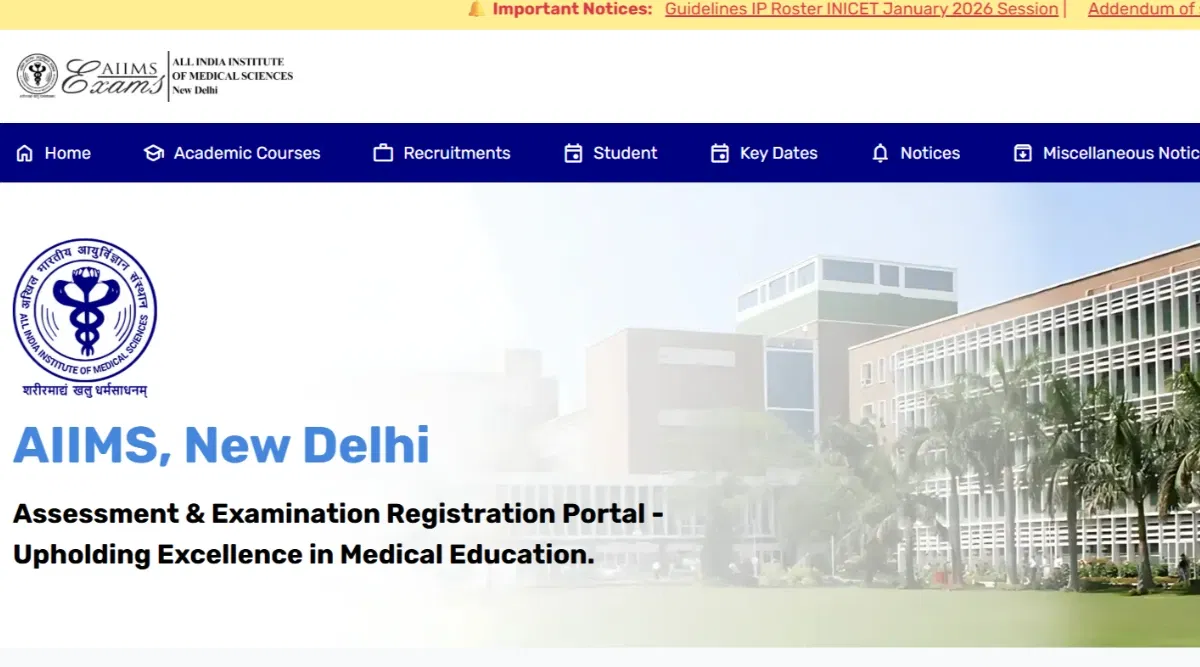
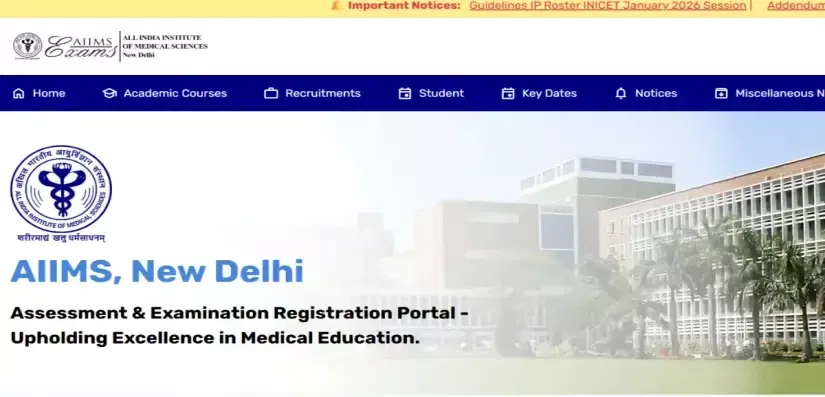

POST YOUR COMMENT